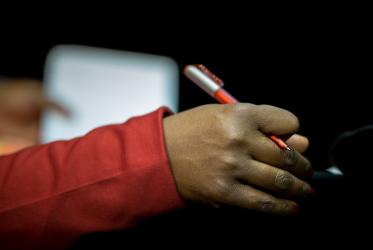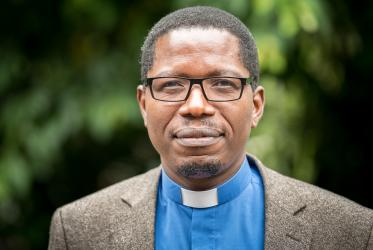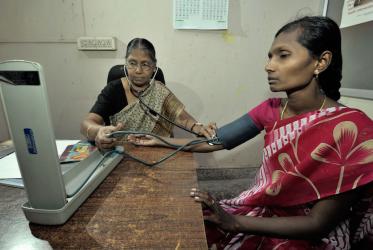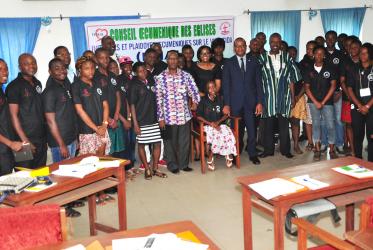Displaying 1 - 13 of 13
Knowledge of gender roles deepens in Togo
03 June 2019
“It’s time to be brave, to form diverse partnerships”
02 March 2017
“Health and healing for all people, that is the challenge”
28 February 2017
Person with disability shares reflection on AIDS conference
10 December 2015
Overcoming discrimination to address HIV in Zimbabwe
11 November 2015









